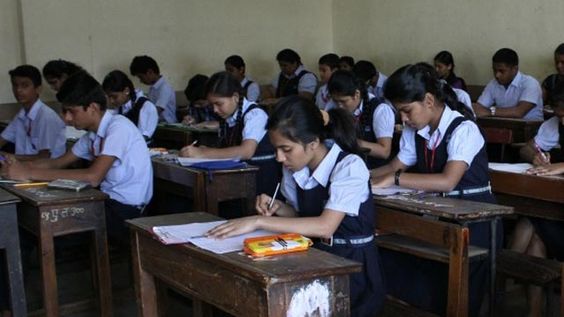Introduction
The roles of Personal, Social, Health and Economic (PSHE) education and citizenship in schools are crucial to the overall development of individual students. These subjects incorporate important life skills that not only help students become better learners but also responsible citizens. To ensure the successful delivery of such programs, schools employ PSHE & Citizenship Coordinators. In this article, we will explore the vital role these coordinators play in schools.
Responsibilities of a PSHE & Citizenship Coordinator
1. Developing Curriculum:
One of the primary responsibilities of a PSHE & Citizenship Coordinator is to develop and implement age-appropriate curriculum for students. This entails creating lesson plans, coordinating with other subject teachers, and ensuring compliance with national educational guidelines.
2. Teacher Training:
A crucial component of a successful PSHE and citizenship program is well-trained teachers. Coordinators take on the responsibility of training and upskilling teachers to deliver comprehensive lessons effectively. The coordinators continually update teachers on best practices and provide them with resources essential for teaching these subjects.
3. Monitoring Student Progress:
PSHE & Citizenship Coordinators carefully monitor the progress of students as they participate in these programs. They evaluate individual skills development and track progress to identify any areas that may require additional support or intervention.
4. School Policy Development:
The coordinator also contributes to the development of school policies concerning student welfare, behavior management, anti-bullying initiatives, and health promotion strategies.
5. Community Partnerships:
Building strong working relationships with community organizations plays an essential role in supporting the work of a PSHE & Citizenship Coordinator. These connections ensure valuable resources and expertise are available to enhance programs within schools.
6. Parental Engagement:
Coordinators promote parental involvement in their child’s PSHE and citizenship education by offering workshops, presentations, and information sessions for parents to aid them in understanding these subjects.
7. Evaluating and Enhancing Programs:
PSHE & Citizenship Coordinators constantly assess the effectiveness of their programs and implement any necessary adjustments to ensure continuous improvement. They analyze data gathered from student assessments, teacher feedback, and community input to determine the best ways to optimize the curriculum.
Conclusion
The role of a PSHE & Citizenship Coordinator in schools is invaluable as they help develop well-rounded students prepared to face the challenges of life. They ensure the successful delivery of programs that empower students by providing them with essential life skills, knowledge of their rights and responsibilities as citizens, and a sense of belonging in their communities. By fostering a safe and supportive learning environment, PSHE & Citizenship Coordinators contribute significantly to shaping our future leaders.





